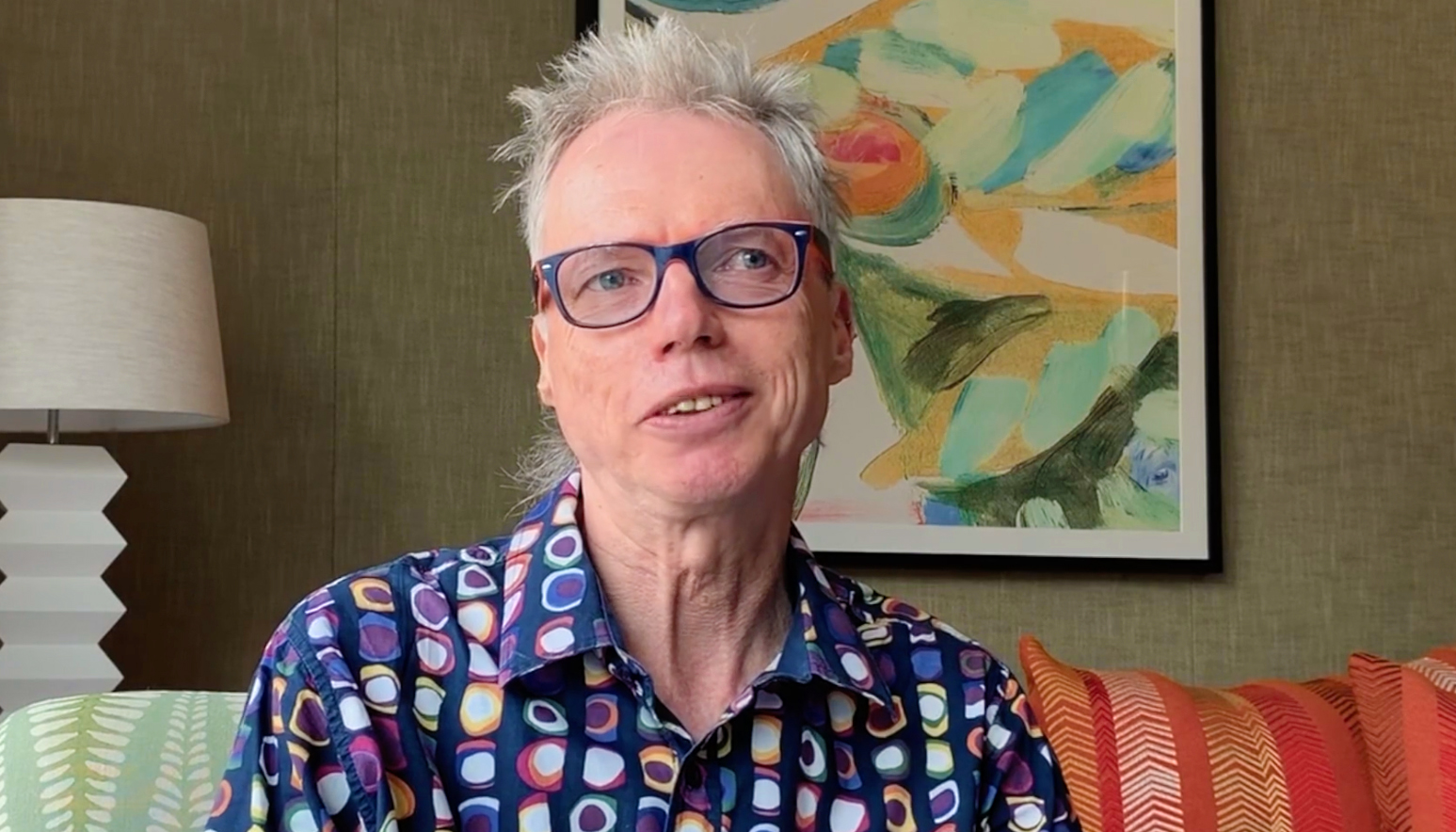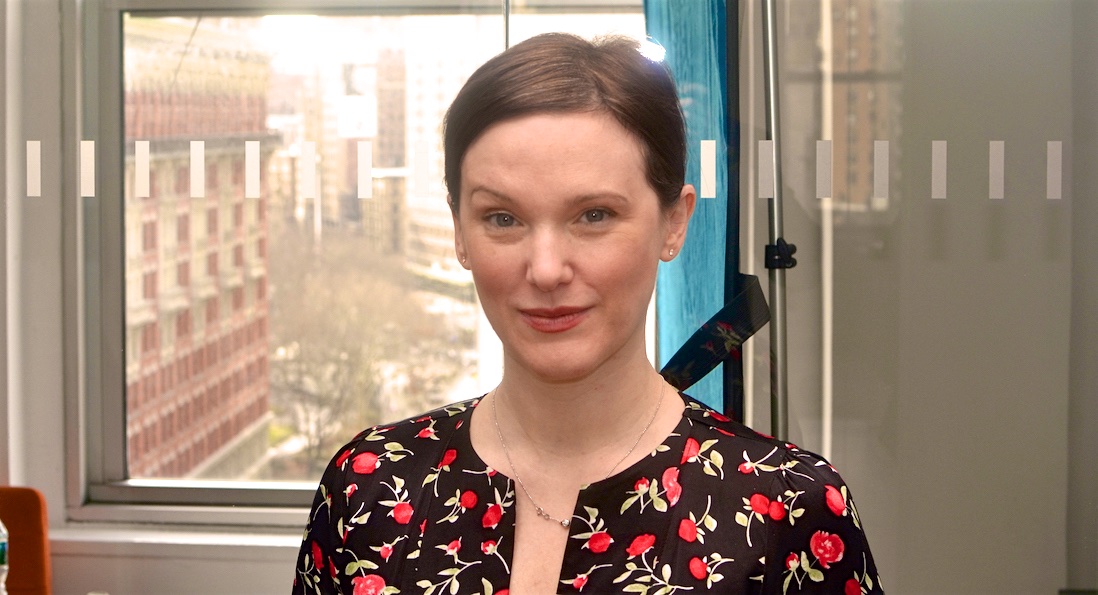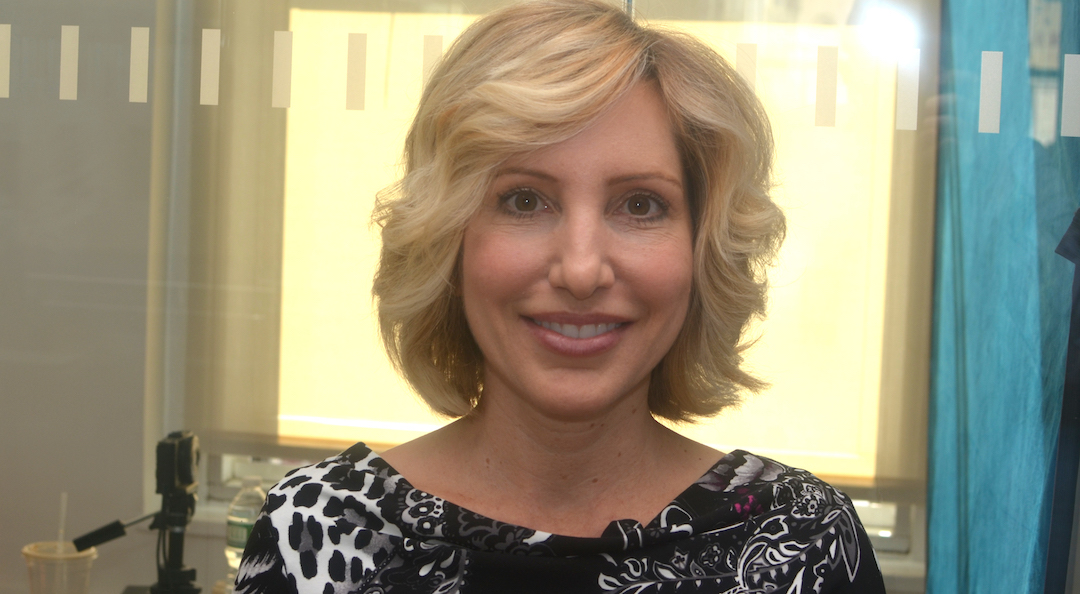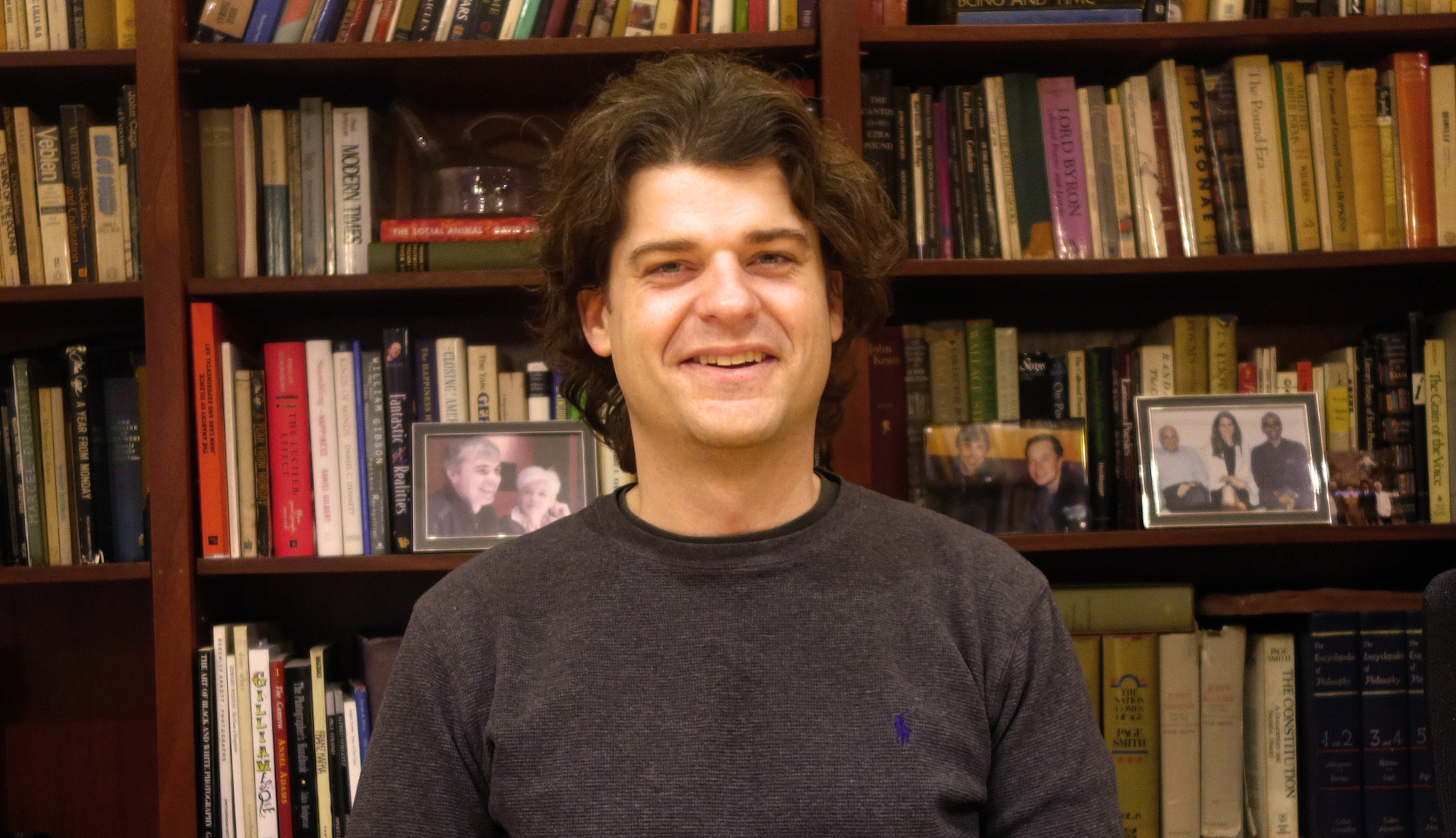Copyright © 2026 By Edge Foundation, Inc. All Rights Reserved.
To arrive at the edge of the world's knowledge, seek out the most complex and sophisticated minds, put them in a room together, and have them ask each other the questions they are asking themselves.
https://www.edge.org/content-category/mind?page=1
Printed On Wed February 25th 2026
Printed On Wed February 25th 2026







